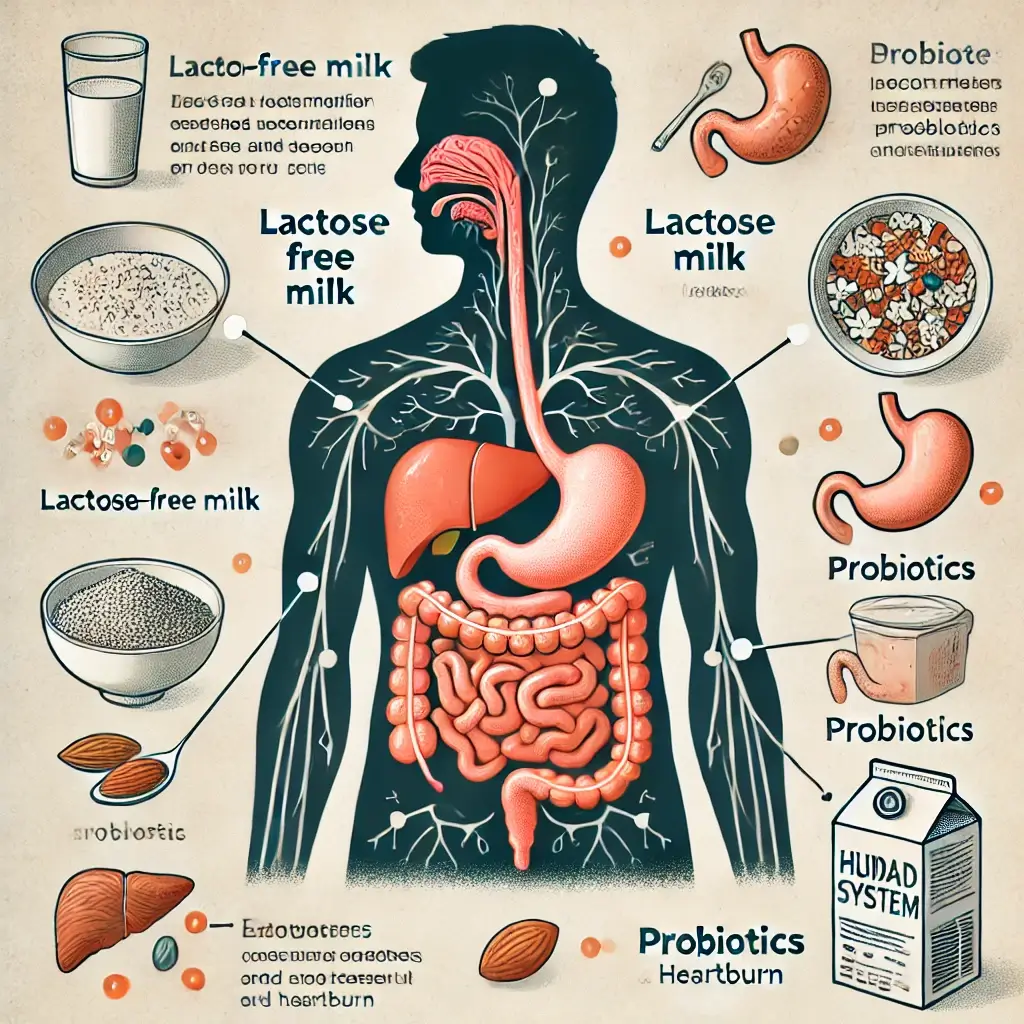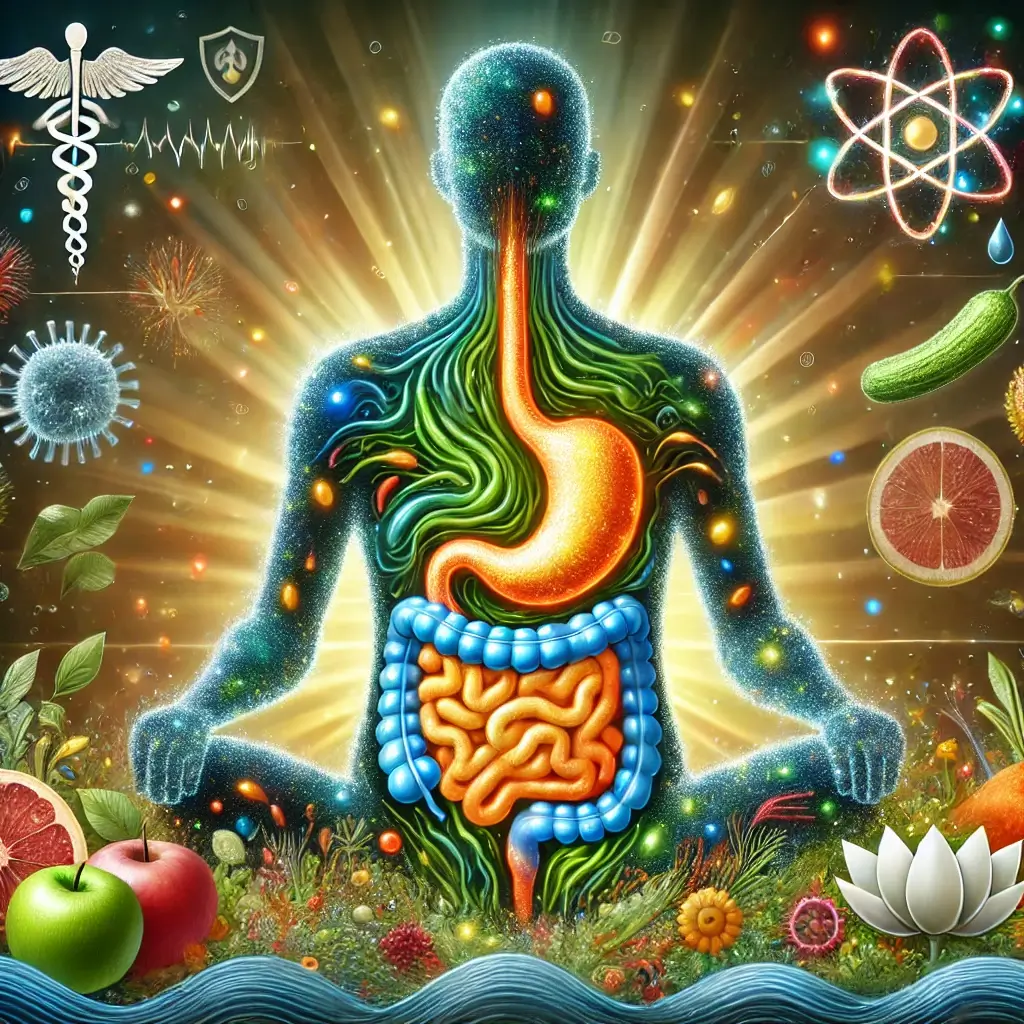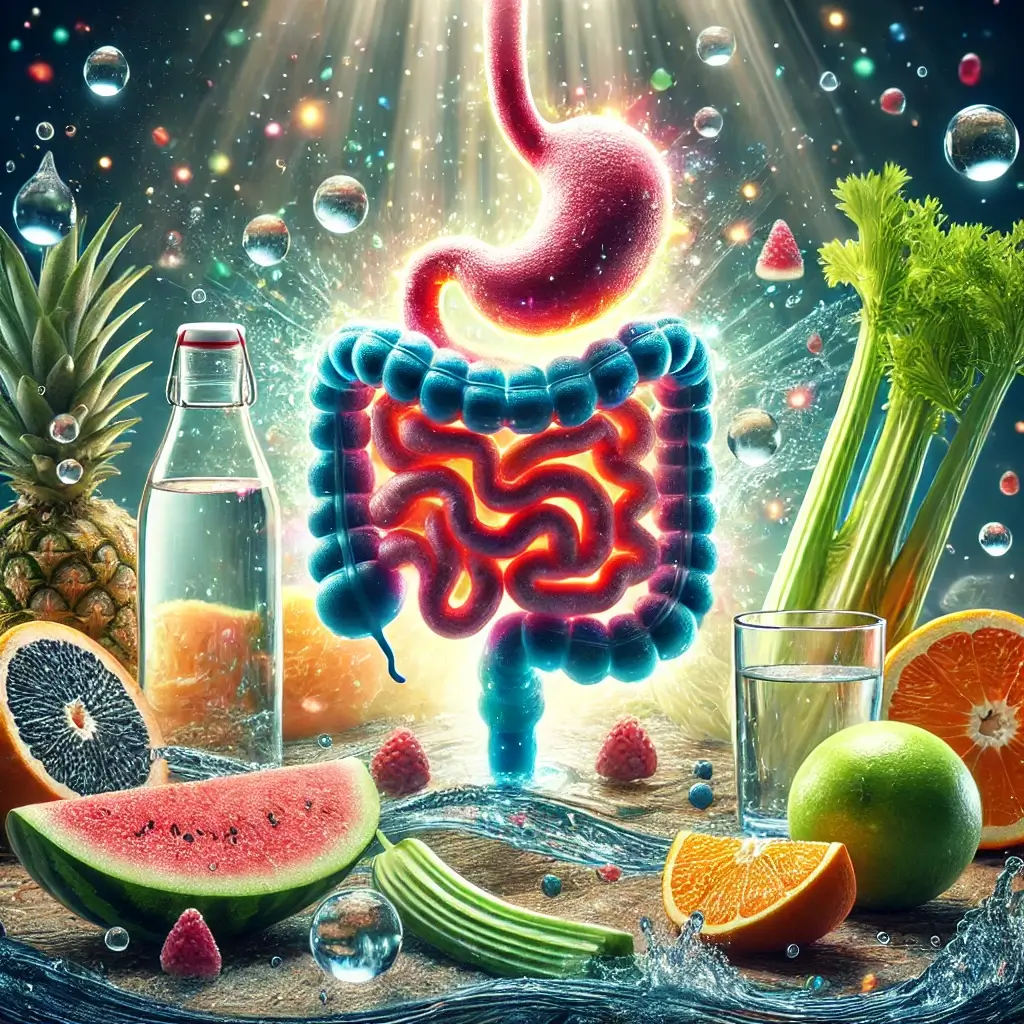Evidence-Based Guide: Managing Digestive Disorders Through Strategic Diet Choices
Understanding the Digestive System’s Role in Health
The digestive system is a complex network that plays a critical role in overall health, regulating nutrient absorption and immune function, and even mental well-being. However, digestive disorders such as irritable bowel syndrome (IBS), gastroesophageal reflux disease (GERD), and food intolerances are increasingly common, affecting millions of people worldwide. For individuals dealing with persistent symptoms like bloating, gas, diarrhea, or heartburn, understanding the physiological effects of food on the gastrointestinal tract is key to effective management.
Medical Advancements in Digestive Health
Recent medical advancements have shed light on the underlying mechanisms of digestive distress. Specific foods can exacerbate symptoms by altering gut motility, affecting microbial balance, or triggering immune responses. Specialized diets for managing digestive disorders, such as the low-FODMAP regimen or elimination diets tailored to food intolerances, have become cornerstone therapies for managing digestive disorders. This article delves into the medical insights surrounding digestive health, exploring dietary interventions, the science behind food-related triggers, and practical solutions for building a sustainable gut-friendly diet.
The Science Behind Common Food Triggers
High-FODMAP Foods and IBS Symptoms
FODMAPs (fermentable oligosaccharides, disaccharides, monosaccharides, and polyols) are short-chain carbohydrates that are poorly absorbed in the small intestine. For individuals with IBS, these compounds ferment in the colon, producing gas and symptoms such as bloating, diarrhea, and cramping. A landmark study published in Gastroenterology demonstrated that a low-FODMAP diet reduced IBS symptoms in 75% of patients (Gibson & Shepherd, 2010).
Common High-FODMAP Foods Include:
Fruits: Apples, pears, cherries, and watermelon
Vegetables: Garlic, onions, broccoli, and Brussels sprouts
Dairy: Milk, soft cheeses, and yogurt (unless lactose-free)
Artificial Sweeteners: Sorbitol and mannitol
Understanding Lactose Intolerance
Lactose intolerance and dairy product sensitivity occurs when the small intestine lacks sufficient lactase enzyme to break down lactose, the sugar in milk. This condition affects approximately 68% of the global population to varying degrees (National Institutes of Health, 2021). Symptoms include diarrhea, bloating, and abdominal pain after consuming dairy products.
Gluten Sensitivity and Celiac Disease
Celiac disease, an autoimmune disorder, and non-celiac gluten sensitivity reactions both involve adverse reactions to gluten, a protein found in wheat, barley, and rye. Gluten triggers an immune response in individuals with celiac disease, damaging the small intestine and impairing nutrient absorption. In contrast, non-celiac gluten sensitivity presents similar symptoms without the autoimmune component.
Impact of Spicy Foods on GERD
Capsaicin effects on esophageal function can irritate the esophagus and lower esophageal sphincter, worsening GERD symptoms. A study in Digestive Diseases and Sciences found that GERD patients are particularly sensitive to capsaicin, experiencing heightened esophageal pain and discomfort (Zhang et al., 2012).
High-Fat Diets and Gut Health
Fat-rich foods impact on gastric emptying and can worsen symptoms of indigestion and reflux. Moreover, research shows that high-fat diets can negatively alter gut microbiota composition, increasing inflammation and contributing to chronic digestive conditions (Murphy et al., 2015).
Specialized Diets for Digestive Health
Low-FODMAP diet implementation and effectiveness
This diet involves eliminating high-FODMAP foods and systematically reintroducing them to identify triggers. It has proven effective in managing IBS symptoms but requires professional supervision to maintain nutritional balance.
Gluten-Free Diet Options
Essential for individuals with celiac disease, gluten-free diet alternatives and substitutes are also popular among those with gluten sensitivity. Gluten substitutes, such as almond flour or quinoa, provide versatile options for maintaining a balanced diet.
Managing Lactose Intolerance
Individuals with lactose intolerance can turn to lactose-free milk alternatives and supplements, plant-based alternatives like almond milk, or lactase enzyme supplements.
Anti-Inflammatory Diet Benefits
Diets emphasizing anti-inflammatory foods for gut health, such as omega-3-rich fish, leafy greens, and turmeric, may reduce gut inflammation and support overall digestive health.
Emerging Medical Insights and Tools
Probiotics and gut microbiota balance: Advances in microbiome research highlight the benefits of probiotic-rich foods (e.g., yogurt, kefir, and kimchi) for restoring microbial balance.
Digestive enzyme supplementation: Enzyme supplements, such as lactase and alpha-galactosidase, can assist in breaking down challenging compounds in foods.
Digital Health Tools: Apps like the Monash FODMAP Diet App provide personalized guidance for managing food triggers and tracking symptoms.
Final Insights on Digestive Health
Understanding the intricate relationship between food and digestion is essential for managing and preventing digestive discomfort. Specialized diets for digestive wellness, tailored to individual needs, offer effective strategies for alleviating symptoms and improving gut health. Whether adopting a low-FODMAP regimen, embracing lactose-free alternatives, or reducing fat intake, dietary interventions rooted in scientific research empower individuals to regain control of their digestive wellness. As medical insights continue to evolve, tools like probiotics, digestive enzymes, and digital resources will further enhance our ability to navigate digestive challenges and improve quality of life.
References
Gibson, P. R., & Shepherd, S. J. (2010). Evidence-based dietary management of functional gastrointestinal symptoms: The FODMAP approach. Gastroenterology, 25(2), 252-258.
Murphy, E. A., et al. (2015). Diet-induced obesity and gut microbiota alterations. Journal of Nutritional Biochemistry, 26(10), 992-1000.
Zhang, X., et al. (2012). Capsaicin-induced esophageal hypersensitivity in GERD patients. Digestive Diseases and Sciences, 57(6), 1606-1612.
National Institutes of Health. (2021). Lactose intolerance: Facts and figures. NIH Digestive Diseases Statistics.













